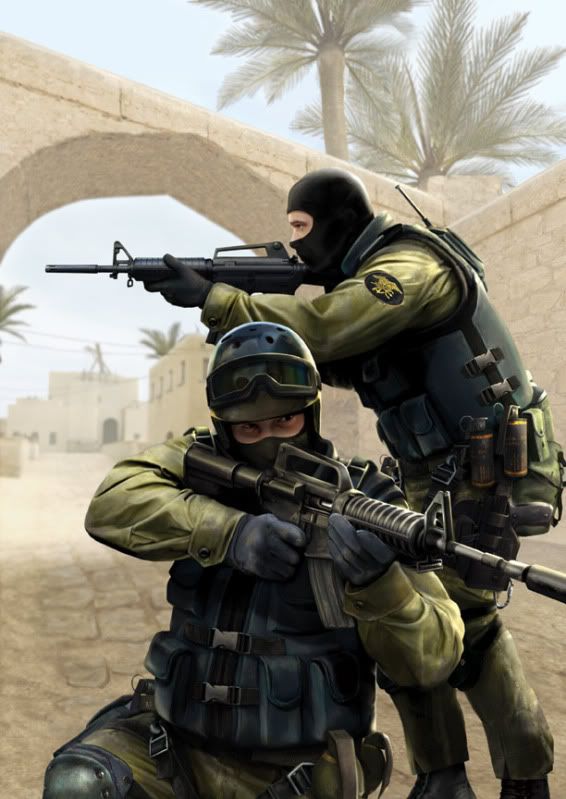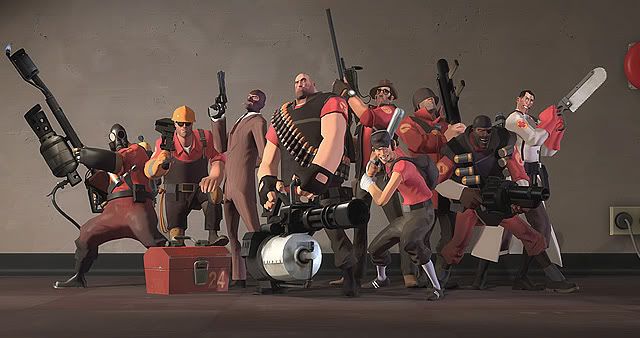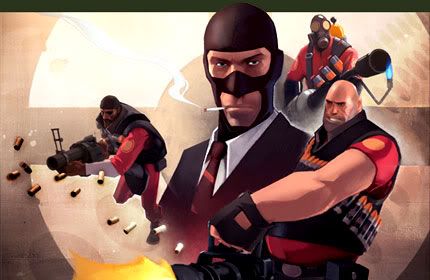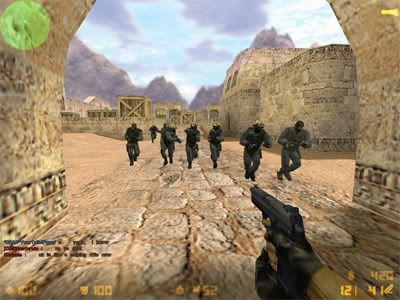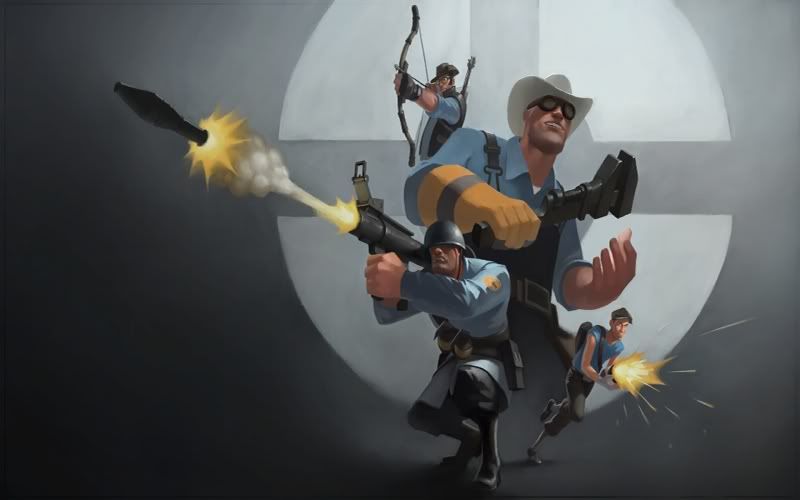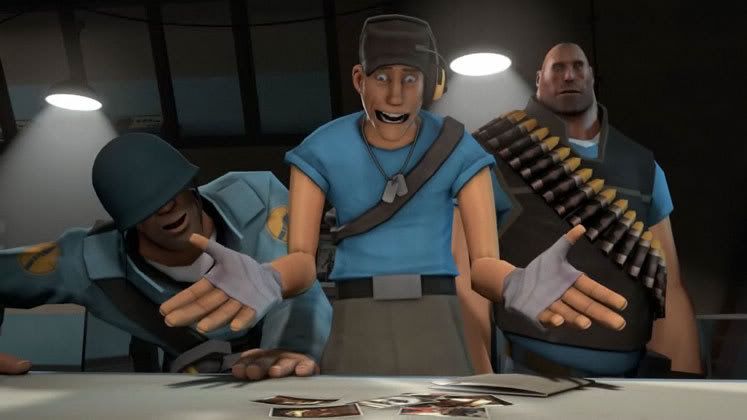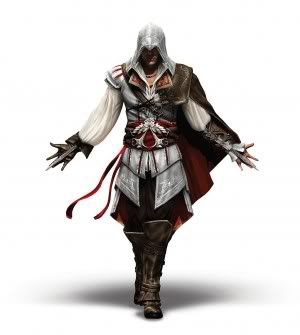
Brace yourselves.
There’s something I don’t get regarding Inception.
I was able to follow the plot. I understood the characters and their motivations (if most of them are indeed real, which is a matter of some debate). I even followed the logic and rules of dreams as explained within the movie.
I don’t get why people think it’s so damn confusing.
According to Entertainment Weekly, Christopher Nolan’s films are confusing. I think that’s the wrong word to use. I’d be tempted to call them complex, instead. I think the confusion some people are experiencing is due to Inception being an entirely different animal than a lot of the stuff that ends up in cinemas. There’s a big difference between a movie like Inception and something like Revenge of the Fallen. Let me see if I can illustrate.
The basis for pretty much any of the Transformers boils down to “Dude! Remember that really good cartoon from the 80s with all of those toys that made boatloads of cash? Let’s do that, only live-action! And 3-D!!” Other than that, there isn’t a whole of thought involved. Most of the lean tissue burned to bring you the adventures of Shia LeBouf and Megan Fox is in rendering the Transformers themselves, rather than giving them something interesting to do or even noticing that most of the cartoons that I grew up with had little to nothing to do with the humans. It was all about the giant robots beating each other up. While you do have that in RotF, it’s shot so poorly with such loud sound effects and obnoxious humans as window dressing, turning what could have been epic throwdowns into a muddled mess. A little thought would have gone a long way.
Inception is, to paraphrase MovieBob, the notion of Freddy Krueger being James Bond. Considering dreams, and dreams within dreams to boot, are the basis for the film’s action and plot, a lot of thought is put into their construction, the characters’ interaction with them as an environment, rules for getting into and out of various dream states and myriad ways in which things can go horribly, horribly wrong. On top of this already complex construction, we have the character of Cobb, his motivations and all of his baggage. It’s all carefully woven together, and the end result is shot and cut in a way that’s never confusing in and of itself. You don’t need trick photography and glitzy CGI when the story, characters and themes are this deep and thought-provoking.
See the difference? Transformers is pretty mindless entertainment, as airy and essentially empty as the popcorn the audience is shoving into their mouths. Now, I don’t mind switching my brain off from time to time. I think it’s necessary, as the damn thing tends to overheat. But I have ways of finding mindless entertainment on the cheap. I have the Internet, after all. Hell, a lot of World of Warcraft is pretty mindless.
But WoW costs me $15 US a month. A movie costs me around that per show, once pop and snacks are factored in. When I go out of my way to leave my cave, making sure I don’t stink and possibly getting shoved into a tiny seat next to somebody twice my size, I want to get my money’s worth. I want a good story, relatable characters, maybe an underlying theme or two and the notion that the movie’s about something other than special effects and sex appeal. I don’t mind special effects and sex appeal, but again, I have the Internet.
The more of those things I see in a movie at the cinema – story, characters, themes, etc – the more I enjoy myself, the more I feel I got my money’s worth and I might even feel inclined to spend money again to repeat the experience or get more out of it. I like being challenged to think while I’m being entertained. Challenging movies are complex ones.
I liked Revenge of the Fallen about as much as some of the shorts I see on the Internet, through YouTube or what have you. It was amusing and kind of entertaining but I’m in no hurry to watch it again. Watching Inception, on the other hand, was an experience I deeply and thoroughly enjoyed, not just because of the cool gun fights and attractive stars and incredible special effects, but also because it made me think. It didn’t handwave my attempts to understand its philosophical or psychological basis, like the Matrix movies or Waking Life does. It didn’t try to shove my cognitive functions into a locker after taking its lunch money, like Revenge of the Fallen or Jumper did. It wants me to figure it out. It’s written as a labyrinthine puzzle with all of the pieces present but disconnected. It’s up to us to solve it.
I guess most movie-goers, especially the kind of folks who frequent College Humor for a daily guffaw, can’t be bothered to solve it. They just want their entertainment. They want to be pandered to by the likes of Michael Bay and Bungie. I don’t get the mentality, though. I don’t understand an unwillingness to be challenged. I can’t comprehend reluctance, or even outright refusal, to step outside of the expectations of mediocrity to experience something new and interesting, even if it’s complex. Is the mundane really that comfortable? Is the thought-provoking really that frightening? Is this what’s wrong with America?
I’m going to stop this line of thought before I verge into that forbidden zone of political posturing. Suffice it to say that I don’t get it. I don’t get the jokes. I don’t get the criticism. I don’t get the confusion.
I just don’t get it.
Maybe I’m just not stupid enough.

